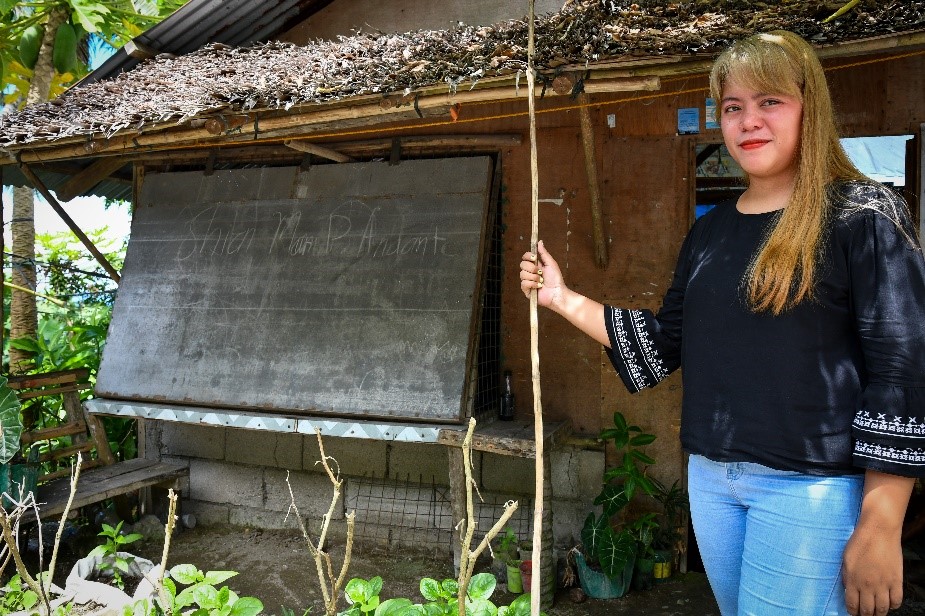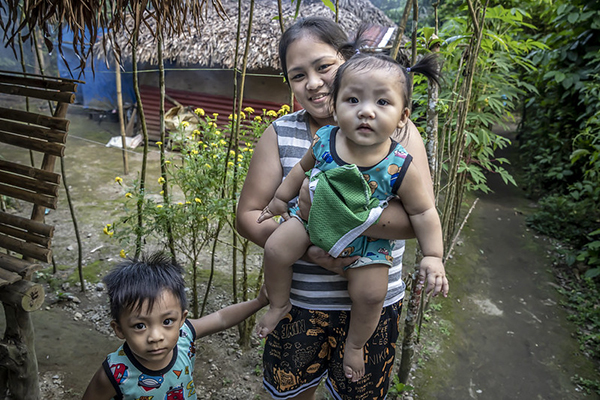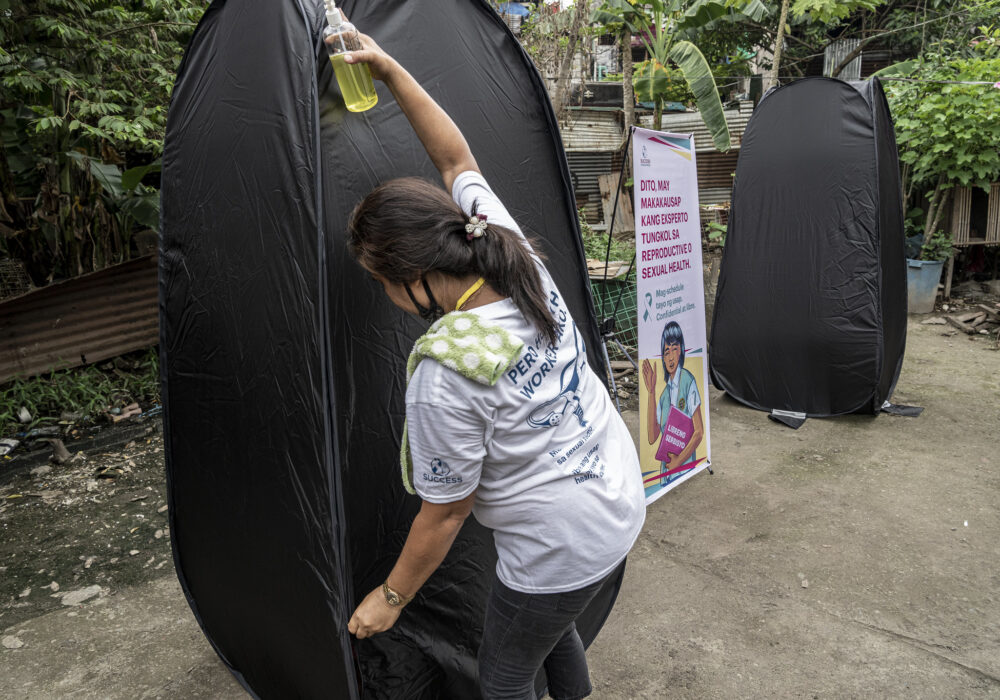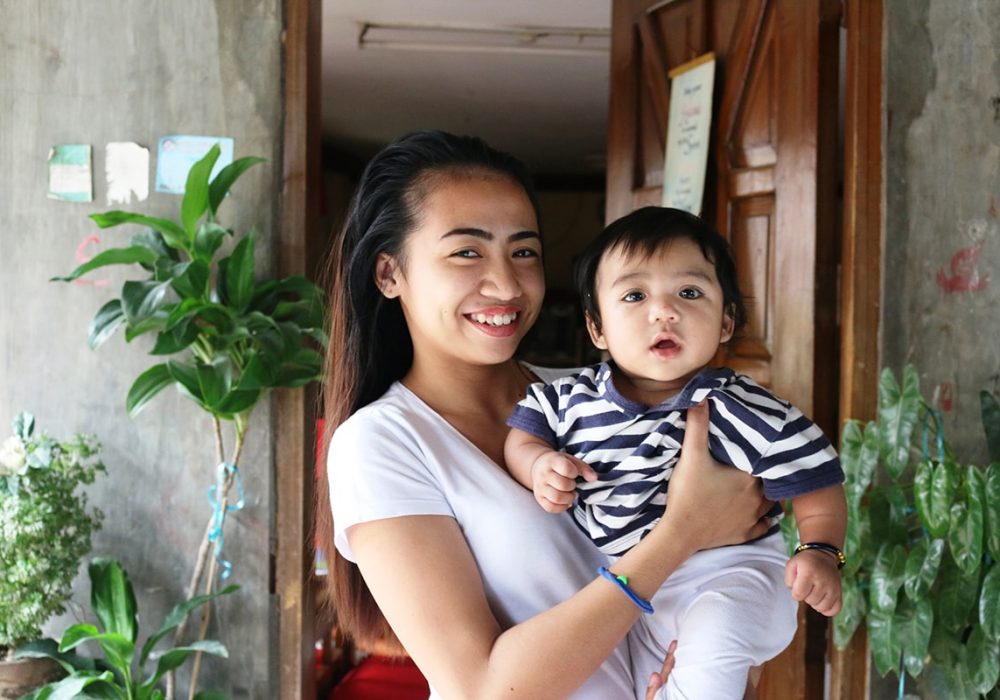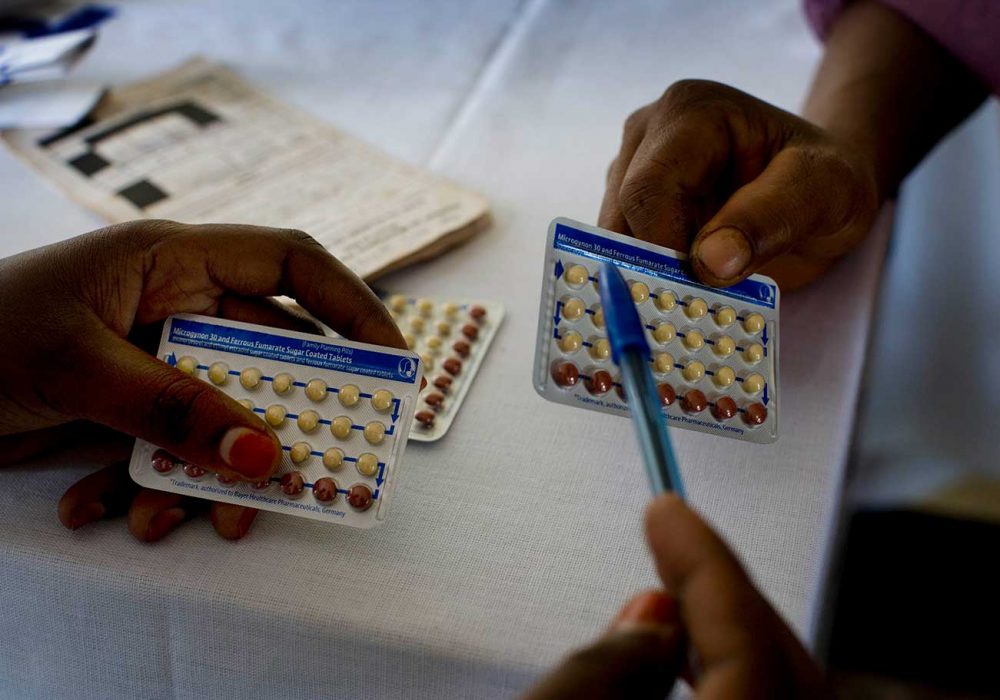Philippines


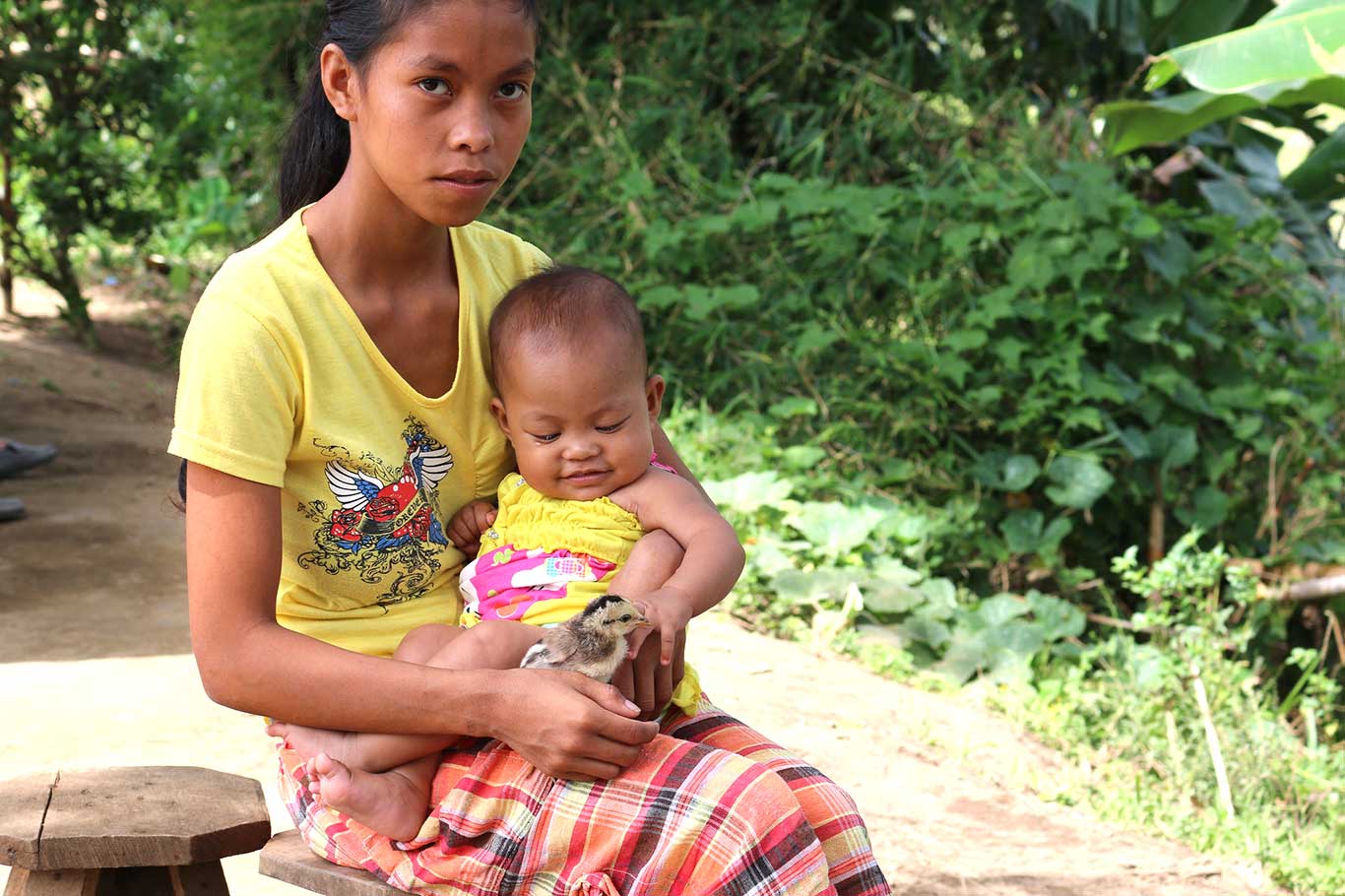
Country Contact
Ingrid Magnata, Country Program Manager
Tel. (02)8-822-1935
Room 801-802 South Insula
#61 Timog Avenue
South Triangle, Quezon City 1103
Philippines
Current and Recent Donors
Boeing
Bill & Melinda Gates Foundation
CDC
Global Affairs Canada
Merck US/MSD Philippines
Roche
Unitaid
Advancing women’s and children’s health since 1980.
- Through the SUCCESS and CLAMS projects, more than 45,000 women have been screened for HPV DNA, representing a significant milestone in project goals to increase access to early detection and preventive treatment of cervical cancer.
- The Sexual Health and Empowerment (SHE) project has reached almost 6,800 women, as well as 250 men, 149 girls and 80 boys through family planning outreach and practicum service provision during training of health providers. The project also helped refurbish 62 health facilities to be adolescent-friendly.
- The SHE project provided Gender Transformation for Health training to more than 700 service providers (79% of which are women) for gender-responsive and youth-friendly service delivery. Based on assessments using the Gender Service Delivery Standards Tool, 19 out of 20 assessed facilities met at least 80% of standards for youth-friendly and gender-sensitive services, up from only one health facility in 2019.
- The National Reproductive Health/Family Planning Guidelines, which Jhpiego helped develop, are still being used by family planning providers to offer standardized services to clients across the Philippines.
Our Work in Philippines
Sexual Health and Empowerment: Women’s Voice and Leadership
Led by Oxfam Canada and funded by Global Affairs Canada, this project aims to improve sexual and reproductive health and rights (SRHR) for women and girls in six underserved, conflict-affected, and disadvantaged regions of the Philippines. The initiative provides culturally and gender-sensitive SRHR programs while strengthening women’s rights organizations to advance SRHR and prevent gender-based violence (GBV). Jhpiego, as a technical partner, enhances the capacity of public and private health systems to deliver comprehensive, gender-responsive SRHR services. This includes training health providers, upgrading youth-friendly health facilities and improving the management/coordination of SRHR and GBV services.
Scale Up Cervical Cancer Elimination with Secondary Prevention Strategy (SUCCESS)
Unitaid is funding a consortium, led by Expertise France, that seeks to eliminate cervical cancer in Burkina Faso, Côte d’Ivoire, Guatemala and the Philippines through secondary prevention (i.e., detecting disease early to slow or halt its progress). The SUCCESS project is designed to transition the countries from a largely opportunistic cervical cancer screening model to a systematic approach, incorporating innovations such as HPV testing with self-collection, efficient treatment methods like thermal ablation, and enhanced information dissemination on cervical cancer and prevention technologies. In so doing, SUCCESS aims to support countries to “leapfrog” to a state-of-the-art services model recommended by the World Health Organization. As the implementing partner of the consortium, Jhpiego is expanding cervical cancer prevention and treatment services using established relationships with governments and stakeholders. In the Philippines, Jhpiego is increasing the reach and potential impact of SUCCESS activities with supplemental funding from Boeing and Roche.
Centralized Laboratory Model for HPV Screening (CLAMS) Project
The CLAMS Project builds on progress made by the SUCCESS Project in increasing access to optimal early diagnosis and treatment technology, specifically HPV screening and thermal ablation. The project aims to enhance the testing capacity of public facilities by using a centralized laboratory model to process HPV samples in the highly urbanized cities of Metro Manila. With support from Roche, the project conducts comprehensive free screenings using the latest HPV DNA technology through self-collection. CLAMS introduces HPV DNA testing as a secondary prevention strategy, aiming to simplify cervical cancer screening for women. Additionally, the project seeks to support demand generation and awareness activities for cervical cancer preventive services in the cities of Manila, Navotas, Quezon City, Taguig and Muntinlupa through direct support for health education and promotion initiatives.
Support to the HPV Vaccine Acceleration Program Partners Initiative (HAPPI) Consortium
The HPV vaccine is one of the most effective ways to prevent cervical cancer and other HPV-related diseases, yet there is still disproportionate access to it, specifically among girls and adolescents in low- and middle-income countries. The HAPPI Consortium, funded by the Bill & Melinda Gates Foundation, was launched to increase and sustain equity and program quality, and accelerate coverage of HPV vaccination. John Snow, Inc. and HAPPI Consortium partners Jhpiego, the Clinton Health Access Initiative, International Vaccine Access Center and PATH are focusing on evidence-based policy, equity, program quality, technical assistance and building a robust evidence base. Specifically, Jhpiego is supporting the HAPPI/HPV Accelerator-Phase 1 Project to facilitate global coordination and providing HPV vaccine support in several countries.
In the Philippines, Jhpiego provided technical assistance to the Department of Health’s National Immunization Program through HPV vaccination coverage analysis, analysis implementation status of local government units and participation of public elementary schools, technical advocacy on global guidelines on dosing recommendations, development of social and behavioral change communication strategy and materials, and logistical support for preparations for resumption of nationwide school-based immunization, in partnership with the Department of Education and local government units.
Strengthening Immunization Program Implementation in Subnational Consequential Geographies
The Philippines, which is the fifth largest contributor to the 18 million zero-dose children globally, has had repeated outbreaks of vaccine-preventable diseases (VPDs) over the past decade, underscoring the need to support the Department of Health (DOH) and reinforce a system-wide approach to strengthening immunization and surveillance programs. The purpose of this project is to enable the government to realize its commitments to strengthen immunization program capacity. This is being done by introducing innovative evidence-based approaches, adapted to the devolved health management structure, that support the DOH and prioritized local government units to prevent VPDs, detect outbreaks, respond to outbreaks and sustain progress. Expected outcomes of this project, which is funded by the U.S. Centers for Disease Control and Prevention, are to: reduce the number of zero-dose children, increase coverage of prioritized life-course vaccines, reduce the frequency and prevent major disruptive outbreaks, and strengthen the underlying Philippine health systems to sustainably maintain these achievements.
Strengthening Immunization Program Implementation in Sub-national Consequential Geographies
Jhpiego is implementing this five-year project in partnership with the Field Epidemiology Training Program Alumni Foundation, Inc., and in collaboration with the University of Philippines National Institutes of Health and PharmaJet. Funded by the U.S. Centers for Disease Control and Prevention, this project supports the Government of the Philippines to: 1) meet the immediate need by rapidly filling immunity gaps (considering both current and new vaccines); 2) boost outbreak detection and response; and 3) strengthen the quality and long-term sustainability of the immunization program.
Country Contact
Ingrid Magnata, Country Program Manager
Tel. (02)8-822-1935
Room 801-802 South Insula
#61 Timog Avenue
South Triangle, Quezon City 1103
Philippines
Current and Recent Donors
Boeing
Bill & Melinda Gates Foundation
CDC
Global Affairs Canada
Merck US/MSD Philippines
Roche
Unitaid





